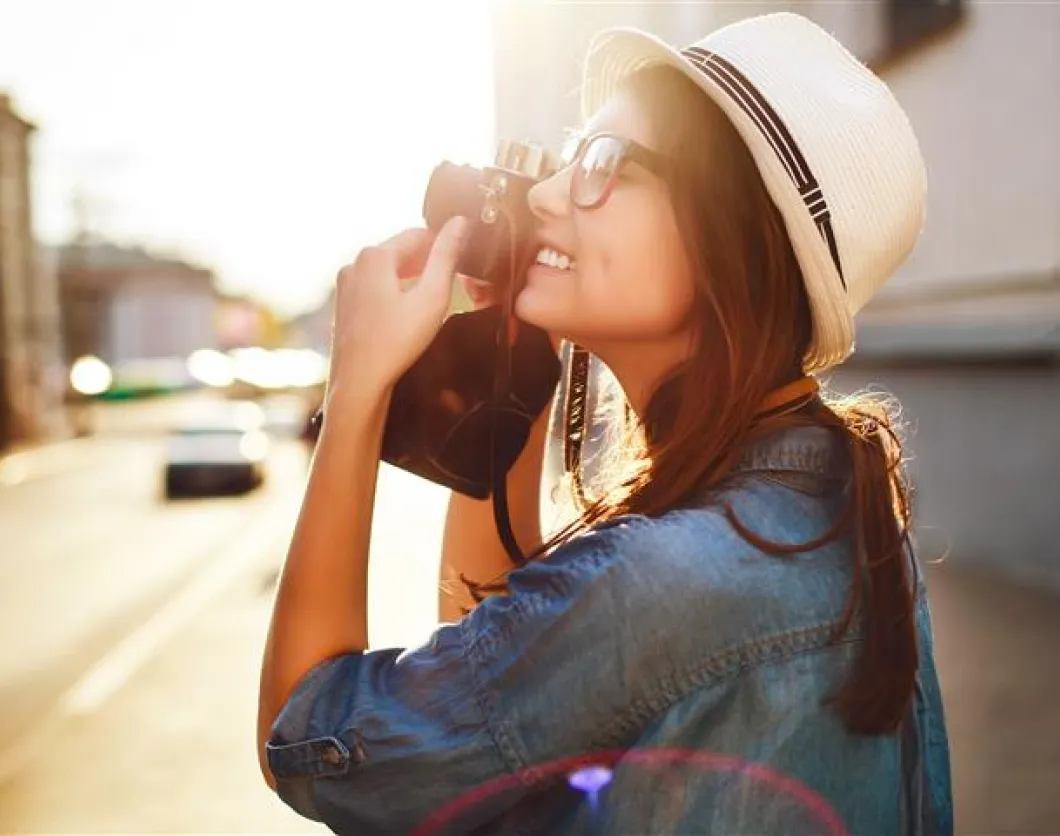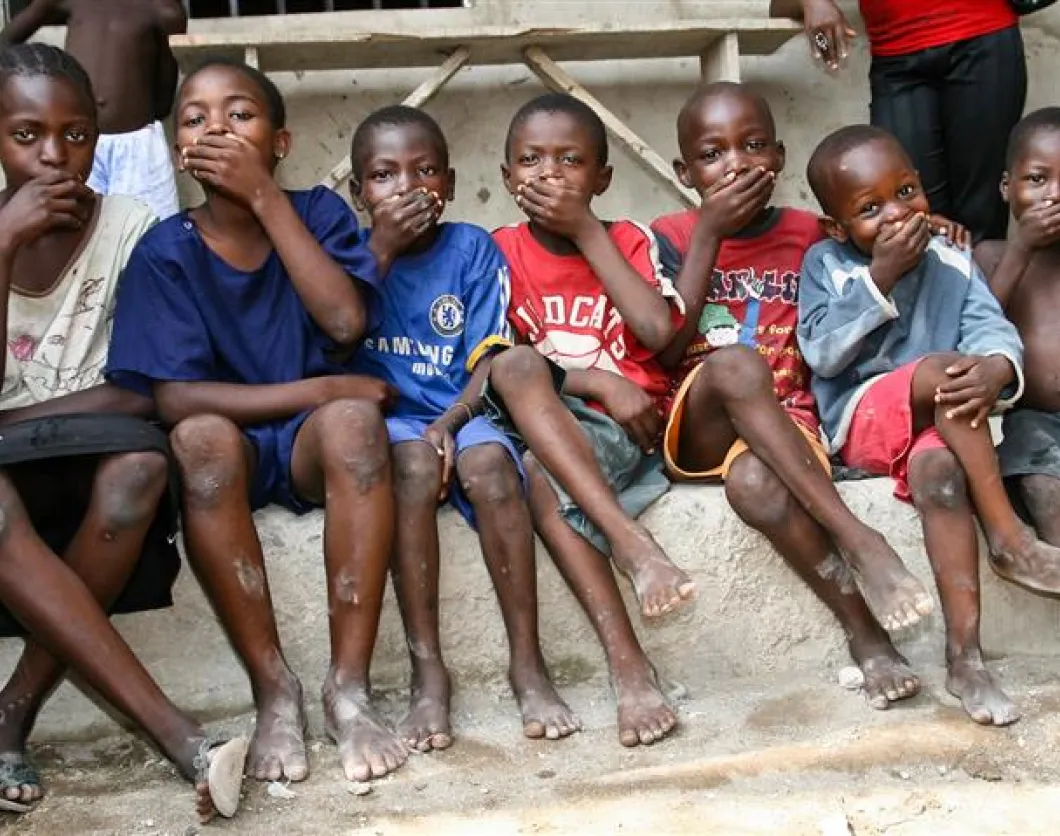Taking photographs has become a far-reaching addiction in the last couple of years. And this is not just among the teenagers, but even the elderly is now becoming addicts of taking photographs.
It is now quite common to see a grown up spending the most of his or her holiday or business trip taking pictures for the social media account and other uses. Taking photos is not a bad thing, but the question is, do the photographers know when to hold back and say “no this is not right I shouldn’t take the picture”? Do they have the necessary ethics and conscience not to misuse the images of poor children that they have taken? That is the biggest concern.
When someone goes on a trip to South America or any other country, do they understand the risks that could be related to the photographs of school children that they take and post on the internet? Most of these children do not even have access to the basic needs. When someone goes ahead and takes their pictures, the chances are that they will never get to know where those photographs will end up.
Posting of these photos on the internet also exposes them to serious dangers. Nowadays child traffickers, sex offenders, and criminals use the internet to get their victims. How would you feel if you were to realize that a photo you posted on the internet resulted to someone’s child getting sexually assaulted or abducted?!
Ethics of taking photographs is not just limited to other human beings. Even in wildlife scenarios, it is vital to ensure that tourists maintain high ethical standards when taking pictures. The drugging of animals just to get them relaxed for you to pose for a picture is definitely unethical, yet many people still practice that. The next time you are in a national park try and hold back your camera if the animals are not friendly enough to pose for a picture freely.
The ethics of photography also involves people being very considerate. Do not take things for granted or assume that you are allowed to go around taking photos of everyone you come across. How would you feel like a person if you were going through your normal activities and then someone sticks a camera in front of you without even talking to you first? At least try and consult with the people, explain to them why and where you are going to use the picture and get their consent before taking the photo.
Do you think paying children to pose for a photograph in exchange for sweets or money is the right thing? What if it was your child? There are many cases of children in countries in Africa who have all dropped out of school so that they can wait for the tourists’ tips when they come taking pictures. It is your responsibility not to entertain exchange of gifts for photograph poses because this could easily damage the little kid’s future.
There are also cases where tourist travel agencies seize the opportunity of their clients and take the picture for marketing purposes. It is indeed a great marketing strategy but have they considered the possibility that some customers want to enjoy their holidays privately away from Facebook, Instagram, and Pinterest? If not careful, the clients could even get offended for posting their pictures, and write negative reviews about that particular place.
Photography competitions also owe their participants copyrights regulations. The participants should all be made aware of what the competition is all about. They should understand how and where the pictures will be used. It is the responsibility of the photography competition organizers to make sure that the participants are aware of all the places those pictures could be used.
This kind of information will help them know whether there will be any cultural or religious contradictions associated with the competition. This will, therefore, allow them to make an informed decision on whether they should go ahead and participate in the contest.
Photography has incredible advantages associated with it. With photographs, one can highlight both the negative and positive impacts of activities taking place in a community. People could, therefore, use this opportunity to respond to the adverse effects in a way that will rectify and improve the community. This should however not be done at the expense of people’s lives and rights. People should understand when to take the camera out and when to let it remain in. Photography ethics should be maintained throughout.












